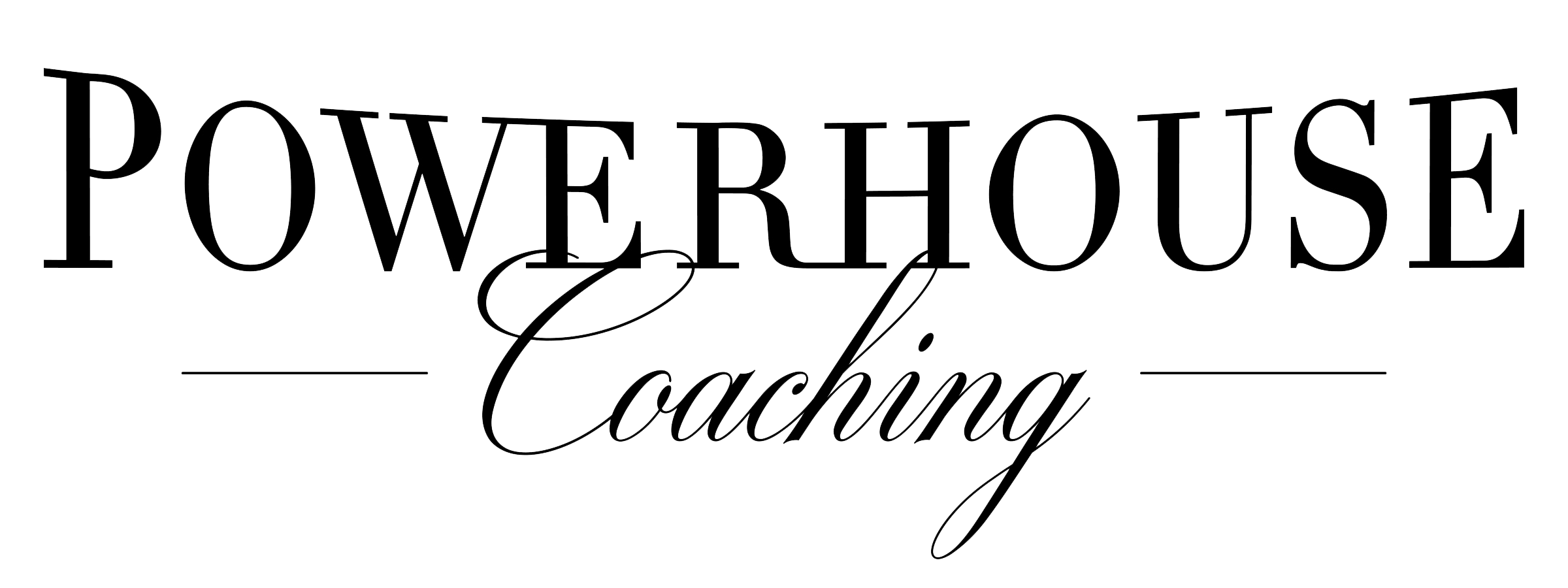A striking 71% of American CEOs confess to struggling with Imposter Syndrome. Over half – 58% – say they feel stretched beyond their abilities, according to a Korn Ferry report (link below). If you feel like you’re winging it at times, you’re in good company.
CLIENT QUESTION: Wondering if you had any thoughts on Imposter Syndrome? My role is increasingly challenging and most days I feel like I’m terrible at it, despite external signals.
Quick Summary:
-
- Imposter Syndrome is on the rise, and normalizing it is a powerful first step.
- Burnout may be fueling your imposter feelings more than you realize.
- In our current times, feeling like an imposter is a valid response to relentless challenge.
- However, your Imposter Syndrome isn’t just in your head – it is a call to action.
Go Deeper:
Imposter Syndrome is defined by the National Library of Medicine as “self-doubt of intellect, skills, or accomplishments among high-achieving individuals. These individuals cannot internalize their success and subsequently experience pervasive feelings of self-doubt, anxiety, depression, and/or apprehension of being exposed as a fraud in their work, despite verifiable and objective evidence of their success.” (Commonly spelled “Imposter” in the U.S, “Impostor” is preferred spelling in psychological literature.)
I have several time-tested remedies for leadership Imposter Syndrome to share with you, starting with self-acceptance then shifting toward growth.
Try not to think of self-acceptance and growth as mutually exclusive or believe, as many leaders do, that the only way to grow is through self-flagellation. That approach hampers growth as it’s almost impossible to improve unless we truly look at ourselves, which I recommend doing with curiosity and self-compassion, as you will learn more and change faster. All progress starts by telling the truth. Drop your whip. No judgment.
Imagine a polarity with self-compassion and acceptance to the left, and growth to the right, and ask yourself what you recommend most for yourself right now. I sometimes see my work as “comforting the afflicted, and afflicting the comfortable”, so knowing whether you’re more afflicted or too comfortable may help you to decide where to start.
There are many causes for feeling like an imposter. These include over-reaching (that heady cocktail of ignorance and courage), seemingly impossible goals, core beliefs, e.g., I am not enough, criticism from self or others, past failures, being out of integrity with your own standards, skills gaps including those on your leadership team, career burnout, and/or what I call “transition fatigue”. I will address all of these over time, but for now, just getting a clearer sense of what’s contributing to that feeling for you may help you know what to solve for.
Here are a few immediate options to help you ease the pressure:
-
- SEE IT AS A WIN AND NAME IT
- Imposter Syndrome usually means you’re in the right room. If you’re never in over your head, you’re likely under-challenged. The first step is acceptance, as you normalize it. And yet think of it as a launchpad, not a resting place.
- A sense of humor about ourselves also helps us cope with anxiety. There’s some wonderful research on how labeling our negative emotions in amusing ways can help us transcend that negativity. What may be a good name for your Imposter Syndrome, e.g. the “board meeting wobbles”, or the “I’m-not-yet-omnipotent agony”? My mother used to say the most important thing you can have in life is a sense of humor, and the older I get the more I agree. At any rate, humor facilitates your learning, increases your creativity, reduces your stress, demonstrates your wisdom – and humor about yourself works best.
-
- THE BURNOUT COMPONENT
Start to question to what degree the feeling of being an imposter is valid, and to what degree this may just be what I call “the burnout talking”. Most people assume that symptoms of burnout are physical, but they are often more mental and emotional.
Career burnout is commonly traced to four causes: 1) over-caring, including loss of perspective 2) lack of appreciation, 3) working below your capacity or not leveraging your strengths, and/or 4) sustained effort without progress. It is also created and sustained by core beliefs, e.g., I am not enough, I need to be perfect, or It’s all on me (that last one being common with first-born leaders, of which there are many).
Burnout erodes confidence, and self-talk suffers, where you may start to think you’re lacking. Not a fun loop to find yourself in, as the doubt fuels the burnout, and the burnout fuels the doubt. A huge number of leaders I work with are suffering burnout on arrival and that’s often the first thing to diagnose, alleviate, learn from, and prevent from recurring. I’ll go deeper here Leadership Burnout: Causes and Cures.
For now, if you suspect you’re experiencing burnout, hold your self-concept lightly, as when it’s “the burnout talking”, it’s rarely accurate. My recommendation is to directly address the burnout to then get a more accurate reading on your capabilities.
-
- SEEING THE TRUTH IN IT
All progress starts by telling the truth, and many people experience Imposter Syndrome because it’s valid. You may be new in your role or industry. Your responsibilities and organization are growing faster than you are. You’re at the mercy of compound volatility (economic, geopolitical, technological, and cultural). This is normal. However, the degree of negative emotion you’re experiencing on an ongoing basis is directly related to the level of responsibility you’re taking for addressing these issues. If this is resonating, you can read more about it in Negative Emotions and Responsibility.
If you have persistent negative emotions about yourself and your performance, it’s because you’re not taking the actions you know you need to be taking. Cognitive dissonance is the friend that keeps you honest.
The solution is not so much massive action, as it is developing the right habits, or what I call Process Goals. Imposter Syndrome disappears quickly once you’re taking sincere, regular action toward what needs to be remedied and I’ll write more on that in future in Leadership and Peak Performance.
-
- YOUR ROLE IS PLAIN HARD
A play on Kipling’s poem “If” that I find amusing is, “If you can keep your head, when all about you are losing theirs, then perhaps you’ve misunderstood the situation”.
If you’re in over your head right now, it’s not just you. Old ways of leading are changing and new approaches are required, including ways of leading through complexity, higher levels of adult development than you’ve ever needed before, polarity management, and a very strong core.
These are opportunities for growth and a deeper and higher understanding. My motive is to have you see your Imposter Syndrome as the blessing and call to action that it is. It is your integrity in action telling you that something needs work.
To summarize:
- What you are experiencing is normal and valid
- Your self-acceptance and humor toward any Imposter Syndrome are a great place to start
- Recognizing and addressing any underlying burnout is your next step, remembering that it is more often mental and emotional than it is physical
- Accepting where you are indeed an imposter, and putting in place habits to address these gaps, will help you almost immediately, provided your efforts are sincere
- Finally, what used to be effective leadership may now not be quite enough. Interior growth and capacity building may be required, however you look to address that.
I hope this helps you normalize, locate the causes of, and start to overcome any Imposter Syndrome in your life. I recommend bringing greater self-compassion and responsibility. Imposter Syndrome is a sign that something needs attention and can be rapidly alleviated through right action.
As Marcus Aurelius said, “What stands in the way becomes the way.”
If you have found this helpful, please share it using the links below.
I work with CEOs who are ready to explore what’s beneath the surface – and lead with more clarity and calm. When you’re ready, I’m here. Request your consultation →
This guide reflects Katherine Hosie’s CEO Coaching observations developed over two decades at Powerhouse Coaching.
Source:
Korn Ferry (2024). 71% of U.S. CEOs Experience Imposter Syndrome. Read the report →


